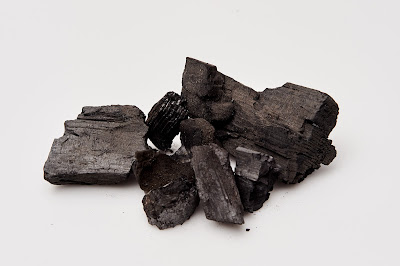Tamarind Wood Charcoal: Indonesia’s Unique Export Fuel
Among the various types of hardwood charcoal exported from Indonesia, tamarind wood charcoal has emerged as a premium, niche product favored by specific markets for its dense quality, long burn time, and distinctive natural aroma. Harvested from the tamarind tree (Tamarindus indica), this charcoal type is not only sustainable but also culturally rooted in many rural communities across Java and parts of Sumatra.
What Makes Tamarind Wood Charcoal Special?
Tamarind wood is known for its hard grain and high density, which allows it to produce long-lasting, high-temperature embers—ideal for BBQ, grilling, and certain industrial uses. Unlike softwood charcoal, tamarind charcoal burns cleaner, with less smoke and minimal sparks. This makes it appealing for restaurants, grill houses, and gourmet food markets, especially in countries like Japan, Korea, and Middle Eastern nations.
Export Potential and Demand Growth
Although production volumes are smaller compared to coconut charcoal, demand for Indonesian tamarind wood charcoal is steadily growing in niche export markets. Buyers seek its natural characteristics, especially those who prefer additive-free and chemical-free fuel. Exporters often highlight the charcoal’s consistent size, low ash content, and aromatic burning profile to differentiate it from mass-produced alternatives.
Sustainability Considerations
Most tamarind trees used for charcoal are harvested from managed or reforested areas, or come from naturally fallen trees, which supports sustainable sourcing. However, exporters must remain aware of deforestation risks and ensure traceability, especially for buyers with strict ESG (Environmental, Social, Governance) requirements.
Tamarind wood charcoal represents a unique, high-value product within Indonesia’s charcoal export sector. With its clean burn, high density, and distinctive appeal, it offers an opportunity for exporters to serve a growing niche market that values quality over quantity. As global demand shifts toward natural, sustainable fuels, tamarind charcoal may well become one of Indonesia’s next specialty exports.
#TamarindCharcoal #HardwoodCharcoal #IndonesiaCharcoal #WoodCharcoalExport #NaturalCharcoal #BBQCharcoal #SustainableFuel #CharcoalNewsroom

Comments
Post a Comment